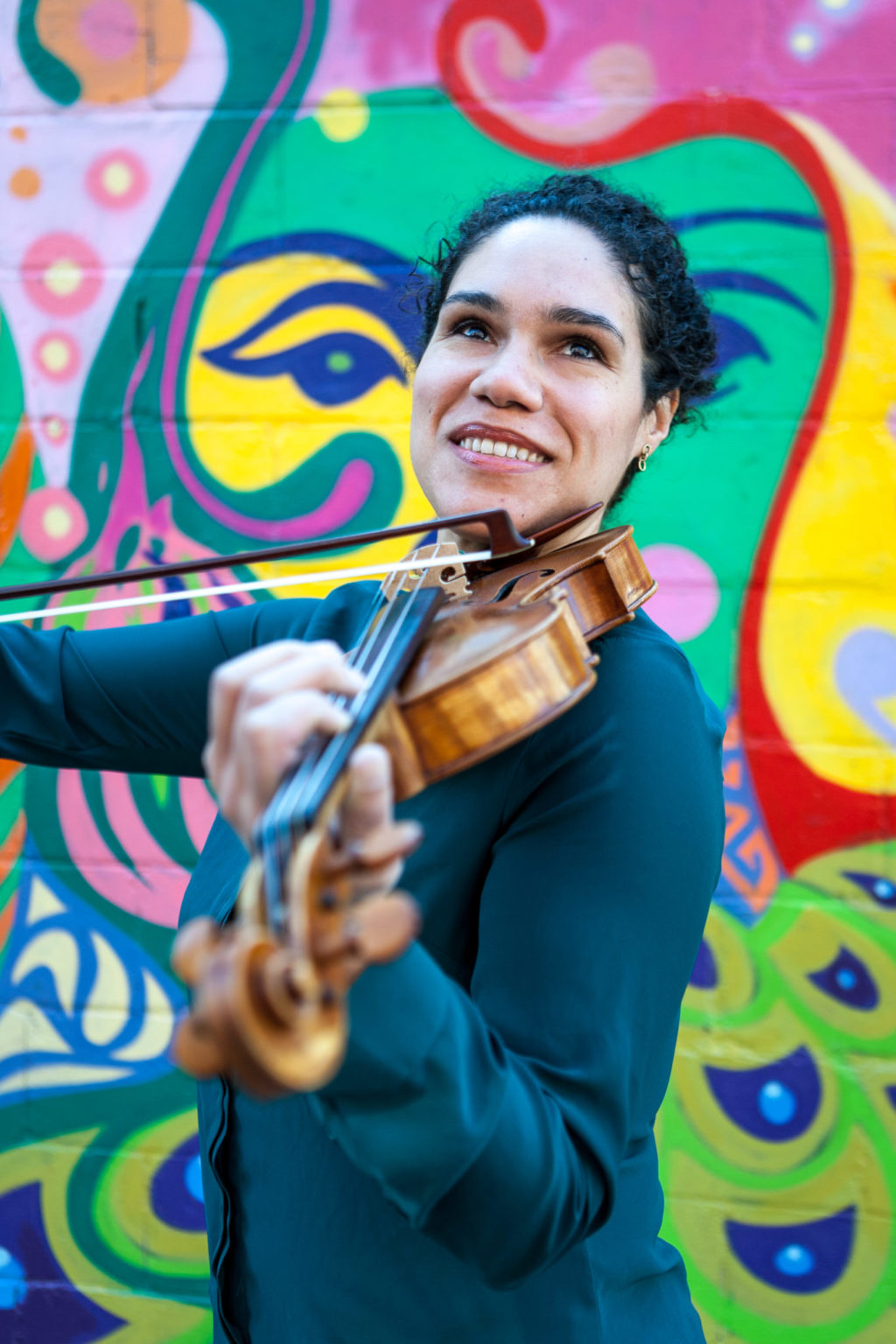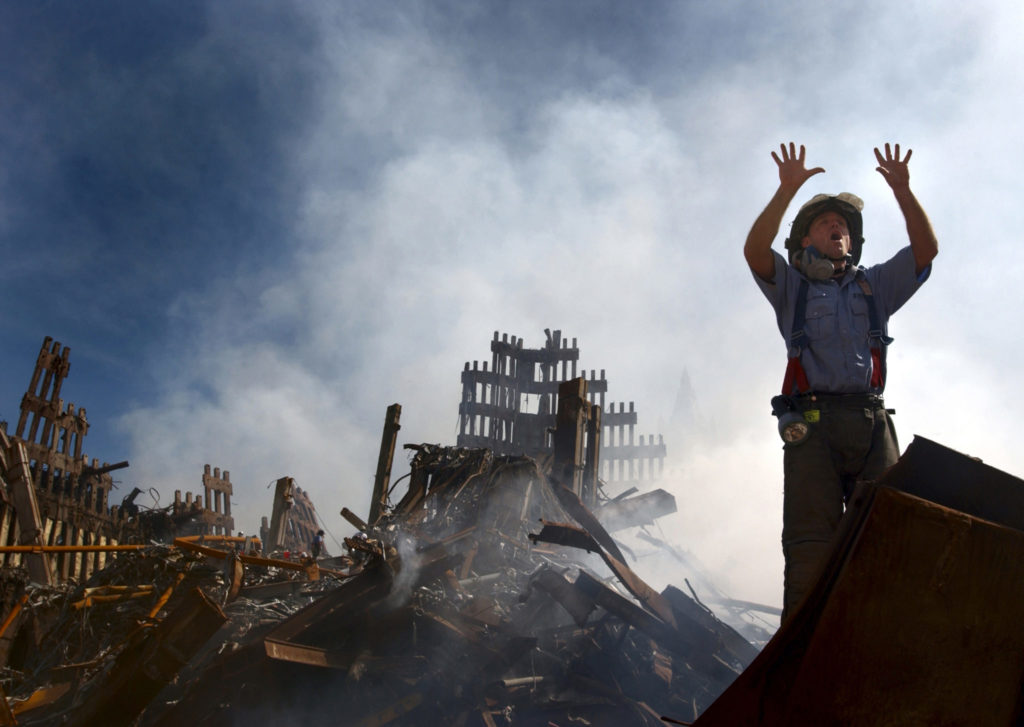Nine Decades of Making New York Better
Since 1924, The New York Community Trust, through the generosity of its donors, has built a permanent endowment to support the nonprofit organizations that make our city a vital and secure place in which to live and work.

The original PS9 on West 84th Street in Manhattan. Photo courtesy of Wikimedia Commons
The New York Community Trust was formed by 11 banks to more effectively make grants from the charitable trusts they held. The first donor created a fund with $1,000 to honor a beloved teacher at PS9. The first award? $20.

The Laura Spelman Rockefeller Memorial Fund was created with $2.5 million from the dissolution of Mrs. Rockefeller’s private foundation. John D. Rockefeller Jr. wanted to help the community foundation take root, and to carry out his mother’s philanthropy in New York.

William Barstow, founder of the first donor-advised fund.
William Barstow wanted to give back during his lifetime but didn’t want to create a private foundation; he also wanted to leave a permanent legacy. The Trust created the first donor-advised fund for him. His fund continues to support important work today.

Lucy Wortham James left her estate to The Trust. As a child, she moved from St. James, Missouri, to New York. Today, her fund supports nonprofit work in New York and maintains her family’s land in the Ozarks through the James Foundation.

Andrew C. McKenzie was a prominent Brooklyn architect. His widow, Isabel C. McKenzie, started a fund to honor New York architecture; the Municipal Art Society joined The Trust to recognize landmarks with plaques. (In 1969, the New York City Landmarks Preservation Commission took over the project.)

The City’s debt crisis in the mid-1970’s threatened millions of dollars of contracts to nonprofits. The Trust worked to explain the conditions that led to the crisis; helped nonprofits think about alternative sources of funding; and brought together city and state agencies, nonprofits, unions, and others to try to minimize the effects of the crisis on the delivery of critical social services.

At The Trust, we think keeping philanthropy local helps ensure that our donors’ generosity better meets the needs of their communities. To do that, we set up the Westchester Community Foundation in 1975, then the Long Island Community Foundation in 1978.

As the price of oil skyrocketed, The Trust created the Energy Conservation Fund in 1979 to help plan and finance energy-efficient projects in nonprofit-owned spaces. In 1984, we used a $15 million restitution award from the New York State Energy Research and Development Authority to create a statewide community foundation nonprofit energy conservation program. The Energy Conservation Fund was spun off and became the Nonprofit Finance Fund, which continues to provide important services today.

In 1981, The Trust and the Ford Foundation funded research that confirmed that high-need, urban school districts were not funded as well as other districts in New York State. A resulting lawsuit to remedy the situation was unsuccessful. But when a new effort, called the Campaign for Fiscal Equity, returned a decade later, The Trust funded that successful effort.

The Trust gave Citymeals on Wheels its first grant to deliver weekend and holiday meals to older homebound adults, expanding this crucial service. Trust programs are shaped by the knowledge that one out of five of the city’s older adults live below the poverty level.

The Trust was a pioneer among foundations in supporting AIDS research with its grant to the Laboratory for AIDS Research at New York Hospital/Cornell Medical Center. The Trust also partnered with Ford Foundation to create the New York City AIDS Fund, to help local foundations respond to the AIDS crisis.

The Trust quickly responded to the Immigration Reform and Control Act of 1986 by creating the Fund for New Citizens. This fund supported strategies to help nonprofits and governments reach communities of undocumented immigrants during the year-long amnesty period provided by the legislation. The work of helping immigrants continues today.

The Trust used Sally and Edward Van Lier’s gift to help historically underrepresented artists through fellowships to arts organizations. More than 2,000 fellows have received $17 million, while museums, theaters, and arts organizations have benefited from the pipeline of Van Lier talent.

The Henry Phillip Kraft Family Memorial Fund, for environmental issues of national and international significance, was established by a bequest from Mr. Kraft’s daughter. Through it, The Trust has awarded more than $66 million in grants to address climate change, environmental health, and biodiversity.

A group of foundations, including The Trust, came together to contribute to an initiative called the New York City Workforce Funders. The group works with nonprofits, city agencies, and businesses to create meaningful job opportunities.

The afternoon of the 9/11 attacks, The Trust joined with the United Way of New York to create a fund to help the victims, their families, and the affected community. It raised more than half a billion dollars, which it spent on direct assistance to those affected by the attacks, worker training, healthcare, and other recovery efforts.
Read more about the September 11th Fund here.

After Brooke Astor died, at age 105, the State Attorney General selected The Trust to invest $45 million from her estate in nonprofit groups to improve literacy of New York City children in the early grades.

We helped young immigrants go to school without fear of deportation. Photo courtesy of Internationals Network for Public Schools
After the divisive 2016 presidential campaign, The Trust created a temporary $1 million fund for grants to protect immigrant and LGBTQ New Yorkers from rising hate crimes and rapid changes to federal immigration and health care policies.

Years of Trust support for justice reform paid off when policymakers raised the state’s age of criminal responsibility from 16 to 18. Now The Trust is working to ensure that, instead of teens languishing in adult prisons, they are going to local youth courts and rehabilitation programs.

When the coronavirus pandemic hit the region in early 2020, The Trust and its suburban divisions quickly formed funds in collaboration with other donors—corporations, foundations, and individuals—to marshal aid to nonprofits unprepared for the disruptions to the economy and life as we knew it.
You can learn more about The Trust’s NYC COVID-19 Response & Impact Fund here and The Trust’s Emergency Response Fund here.

Brooke Astor established a fund in The Trust to support school libraries. Later, $45 million from her estate created the Brooke Astor Fund for New York City Education. With her generosity, we helped improve literacy instruction; teach English to children of immigrants, and much more.

LuEsther T. Mertz, co-founder of Publishers Clearing House, distinguished herself with philanthropic service. Through her gift to The Trust, she wanted to support (1) human and civil rights, (2) historic preservation, (3) arts and culture, (4) parks and open space, and (5) environmental protection—as well as “unrestricted” projects.
With her generosity, we helped:
- LGBTQ refugees fleeing persecution
- Create a fairer bail system
- Make shorelines resilient to climate change

Mildred Anna Williams created a fund in The Trust to help girls and young women. Thanks to her generosity, we help expand a Harlem figure skating/academic program, pass New York State sex-trafficking laws, and improve reproductive health clinics in Queens and Staten Island.

Barbara Scott Preiskel, the second black woman to graduate from Yale Law School, joined The Trust’s board in 1978, serving as chair from 1990 to 1995. When she passed away, she left a fund at The Trust. We’ve used it to help groups find jobs for Brooklyn residents in the Navy Yard as well as formerly incarcerated New Yorkers.

